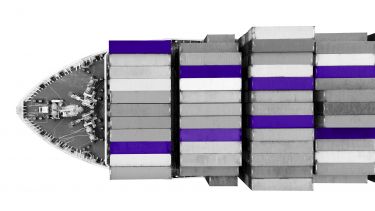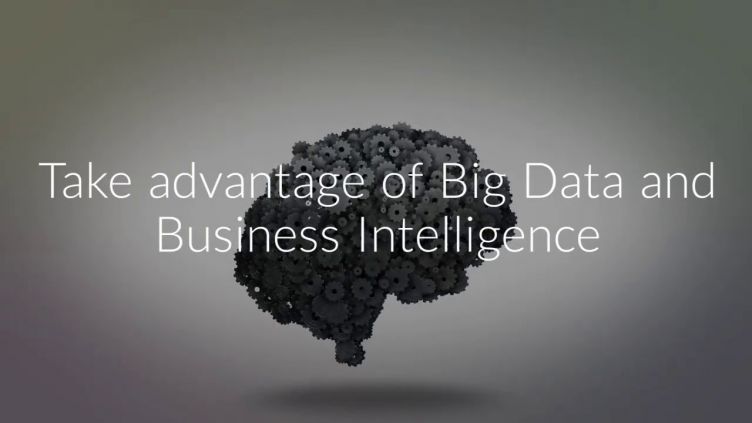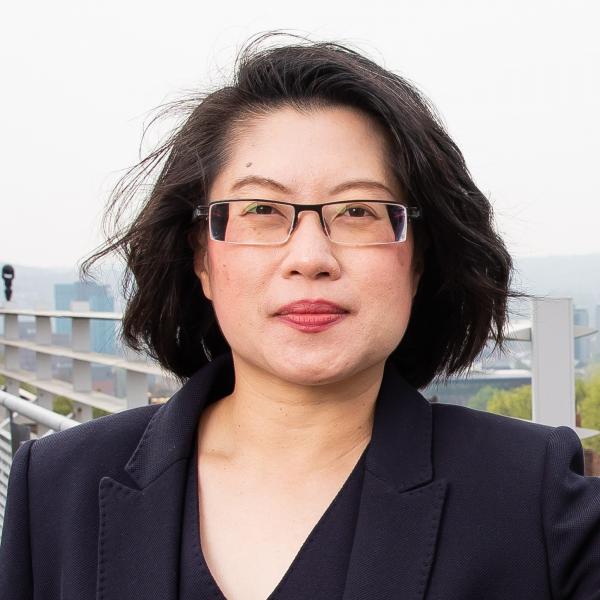Energy, a powerful resource
Everything needs resources; energy is one of the critical resources. But our growing population and desire to consume is demanding more. At current rates of economic growth and development we’re going to run out of resources, including energy...

If we compare earth’s history to a calendar year, modern human life has been on earth for about 23 minutes, and in the last 0.2 seconds we’ve used one-third of earth’s natural resources. If we continue using resources at the rate we are, soon we could have have nothing left.
To make sure our energy supplies don’t run out we need to use less and make everything more sustainable, from how we produce food to how we heat our homes. Lenny Koh, a Professor in Operations Management at the University of Sheffield, has spent the last 18 years trying to make sure we don’t run out of resources like energy. Her approach is based on a concept called ‘life cycle thinking’ coupled with systems theory..
For a loaf of bread to end up in our bread bins a series of steps have to be completed, from growing the wheat to baking and transporting the bread to the supermarket. Each of these stages requires a certain amount of energy. How much energy is determined by how sustainable the process is. By considering the entire life cycle of a loaf of bread or any other process, and looking at each stage in detail, we can determine where energy can be saved and carbon footprints can be reduced by making the process more sustainable.
Life cycle thinking coupled with systems theory provides the framing to understand a resources impact, both directly and indirectly. This is important for everyone from organisations, to industry to entire countries if we want to achieve resource sustainability.
Professor Lenny Koh
Chair Professor in Operations Management, Founders and Directors of the Logistics and Supply Chain Management (LSCM) Research Centre at the Management School & the Faculty’s Centre for Energy, Environment and Sustainability (CEES), at The University of Sheffield
That’s where Lenny’s work comes in. For the past eight years, Lenny has been developing a software tool, in partnership with Microsoft, that industry experts can use to look at their own supply chains and see how it can be made more efficient. It’s a Supply Chain Environmental Analysis Tool, otherwise known as SCEnAT. This cloud based software consists of life cycle assessment software and supply chain mapping which can be customised. “For the loaf of bread SCEnAT can identify the point in the process where the most carbon is produced so we know what’s most important to change,” says Lenny.
Countries all over the world are benefitting from SCEnAT, including China. China’s policy makers have applied the principles of the tool and life cycle thinking coupled with systems theory to several key policies to create a resource efficient system. “China is the world’s second-largest economy and a key partner in the global supply chain. By adopting the principles of supply chain efficiency and sustainable growth and development they’re demonstrating vision and leadership. I’m really proud that my research has helped contribute to this journey,” says Lenny.
The latest version, SCEnAT 4.0, is powered by Microsoft Artificial Intelligence, Machine Learning and Deep Learning. It’s capable of making sustainability predictions within industry to help understand the environmental, economic and social impacts of energy. SCEnAT 4.0, and all the tools that came before it, act as frameworks for governments to address resource scarcity and sustainability challenges.
Lenny’s work is a perfect fit for the Energy Institute.“When policy makers, governments and industry are planning for the future, they need to think about a sustainable and energy efficient eco-system. I’m thrilled to see my research being used in a way that’s good for the planet and the Energy Institute will allow us to do so much more good. We can develop new links with industry and change the way we produce and use resources including energy across the globe," says Lenny. Our energy infrastructure is changing to keep up with increasing global demand. With resource efficient systems and digital platforms like SCEnAT we’ll be able to power the future sustainably.
By Alicia Shephard
Further Information
Relevant publications
Conceptualizing a circular framework of supply chain resource sustainability
The environmental impact of fertilizer embodied in a wheat-to-bread supply chain
Funders, awards and key grants
Engineering and Physical Sciences Research Council
The Science and Technology Facilities Council
Higher Education Funding Council for England - N8 Agrifood
Leverhulme Trust Climate Change Mitigation Centre
European Regional Development Fund
Economic and Social Research Council
Research profiles
For more information please contact:
Amy Huxtable
Media Relations Officer
University of Sheffield
0114 222 9859
a.l.huxtable@sheffield.ac.uk




